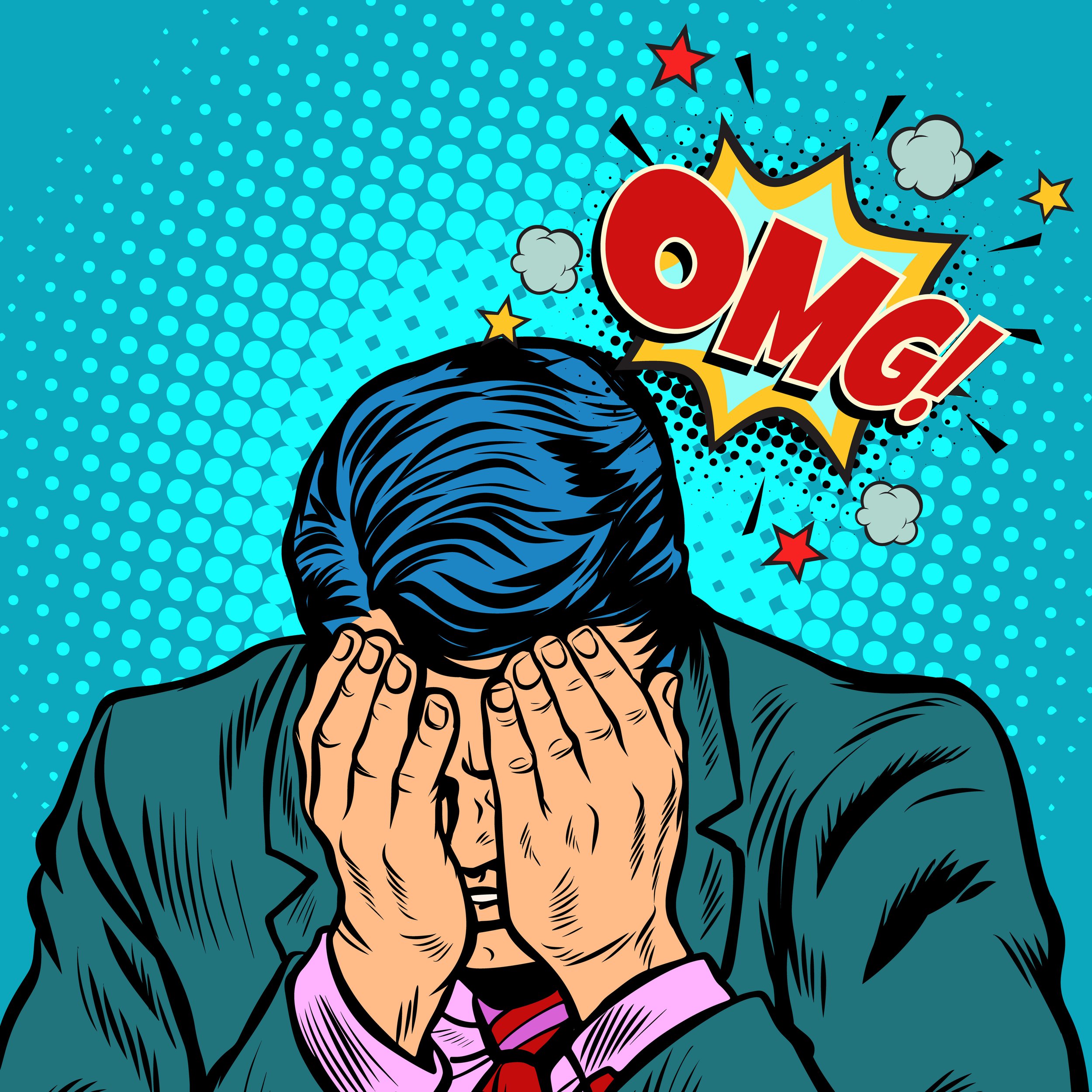Bisexuality Isn’t a Phase—It’s Real, Valid, and Here to Stay
Bisexuality isn’t a stepping stone or a placeholder. It’s a valid identity—no matter who someone’s dating, and no matter what anyone else assumes.
How to Learn About Marginalized Experiences Without Causing Harm
When it comes to learning about POC, 2SLGBTQIA+, or women’s issues, it’s not that you can’t ask questions—it’s about how and where you ask them.
Queer Rights Are Human Rights: Why “Love Is Love” Isn’t Enough
“Love is love” may sound sweet, but it doesn’t capture the full scope of queer identity and struggle. Here’s why the message we really need is “Queer rights are human rights.”
Q&A: Why Some Gendered Words Feel Right—And Others Don’t
Why does being called “ma’am” feel okay, but “sir” doesn’t? In this Q&A, I unpack how gendered words and pronouns affect people differently—especially for those of us living outside the binary.
What to Do When a Coworker Is Bullied with Homophobia or Transphobia at Work
Homophobia and transphobia at work aren’t always loud—but they’re always harmful. If you see a coworker being targeted, don’t stay silent. Here’s how to speak up, show support, and help create a safer, more inclusive workplace.
How to Vote With 2SLGBTQIA+ Canadians in Mind This Election
I’ve been voting for 27 years, and now I cast my ballot with my queer neighbours in mind. Here’s how to vote with empathy, inclusion, and real impact this election.
Two-Spirit Is Not a “Made-Up Term”—And This Rhetoric Isn’t Welcome Here
The term Two-Spirit was created by Indigenous people in 1990 as a way to honour and reclaim gender-diverse identities rooted in pre-colonial traditions. If your idea of liberation excludes them, it’s not liberation at all.
Respecting Agency and Accessibility: A Real-Life Reminder
When someone made a hurtful comment about a friend’s mobility device, I froze. But my friend Patty didn’t. She stirred in the lesson from a video I’d made—and chose to give that friend their agency.
Not All Sharks: Understanding Power, Privilege, and the Urge to Defend
When someone says “all men,” it’s not an accusation—it’s a call to look at how systems of power operate. Here's why saying “not all men” misses the point—and how we can respond with reflection, not defensiveness.
Understanding White Guilt and Moving Beyond It
White guilt isn’t helpful—it just reinforces white supremacy. Instead of getting stuck in guilt, focus on real action and allyship.










